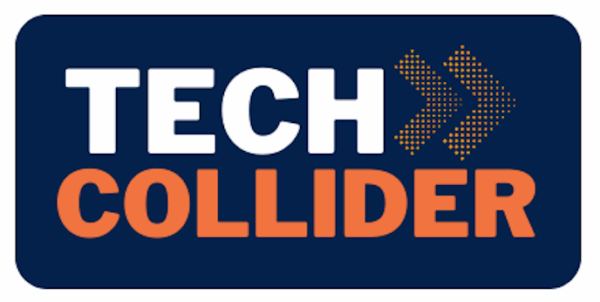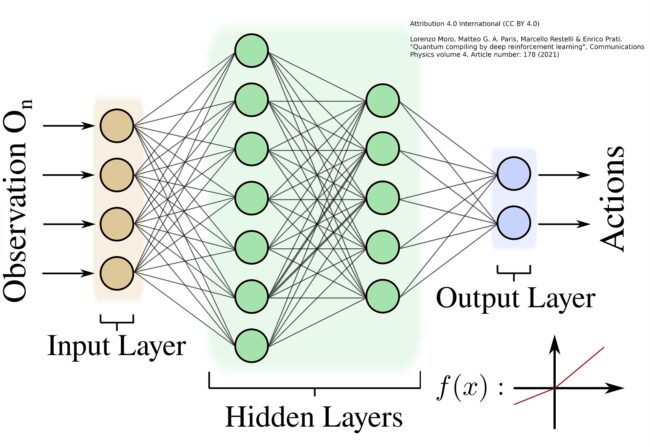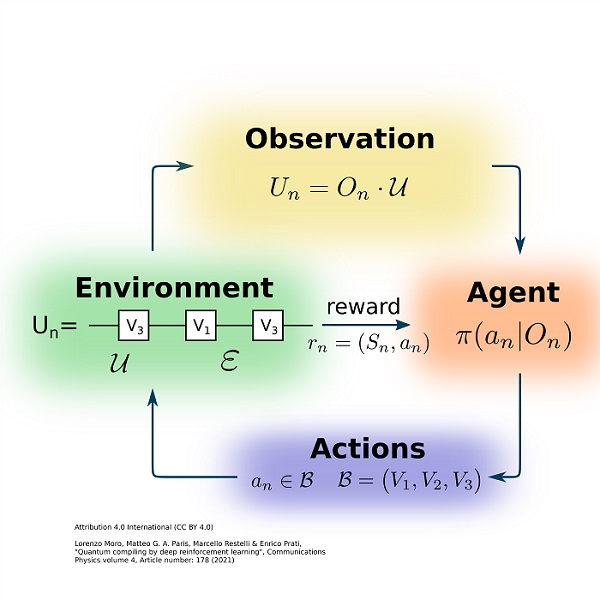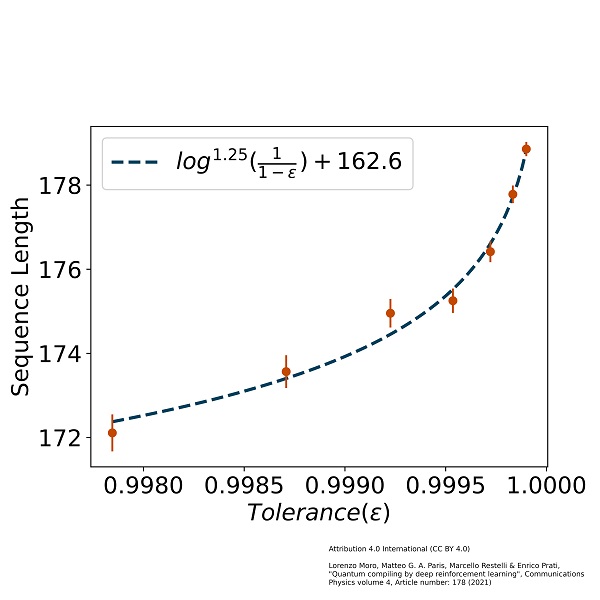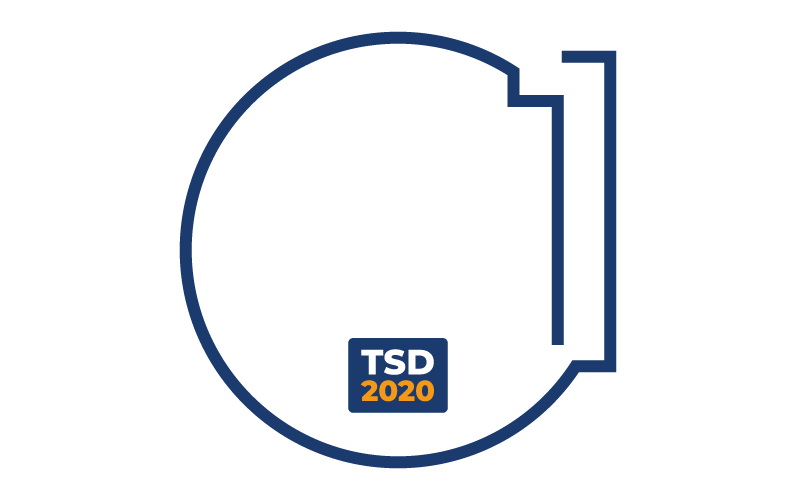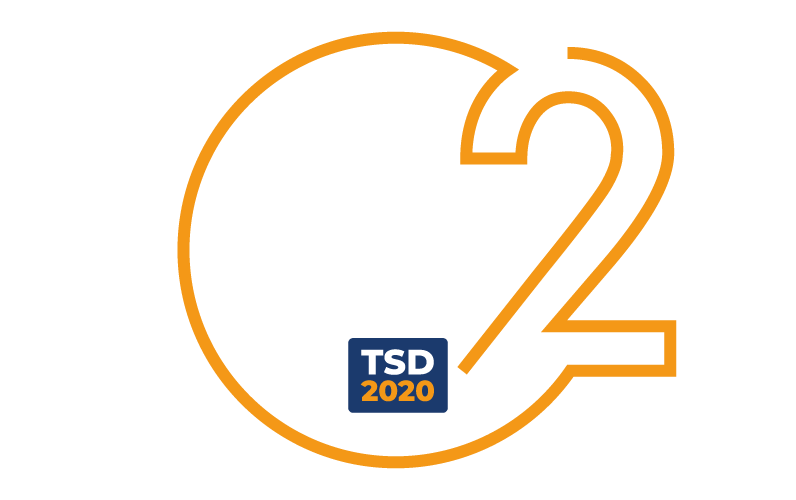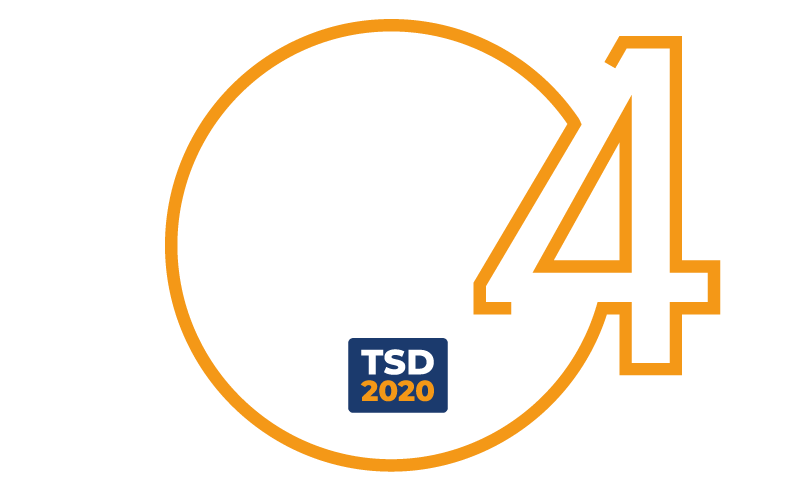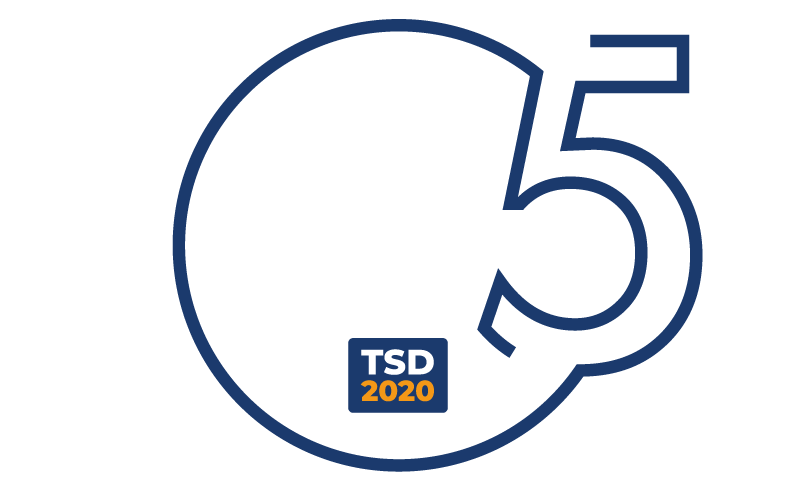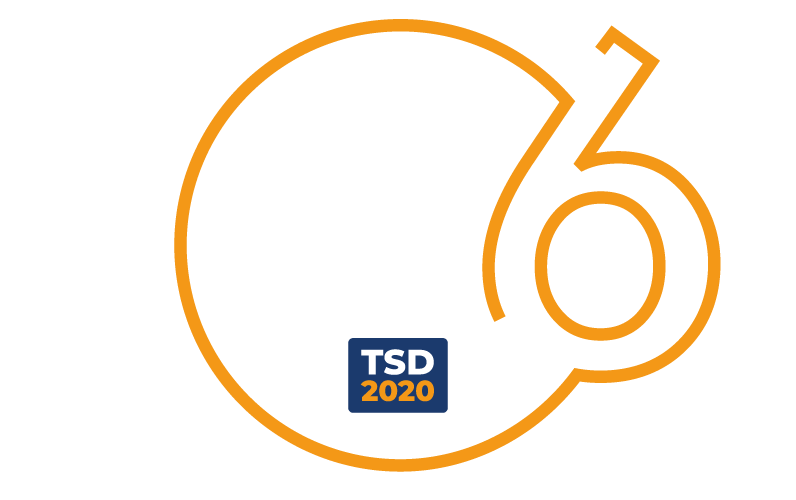There are several quantum compiling strategies and algorithms with different performances. The performances can be measured and compared using three metrics: the number of logic gates used to build the circuit, the execution time, and the precompile time. Regardless of the quantum compiler employed, these metrics cannot simultaneously scale optimally. Compilers based on the Solovay-Kitaev theorem provide quantum circuits by balancing these three metrics, although several formulations and implementations have different performances. However, these strategies require specific low-level quantum logic gate sets.On the other hand, other compilation strategies such as KAK decomposition exhibit better performance but are specific to low-qubit circuit compilations. Recently, compilation strategies based on machine learning and artificial intelligence techniques have been proposed. While these techniques promise optimized circuits, they generally exhibit high execution times due to the limited number of precompilation steps they can employ.

